United States President Trump Proposes to Impose a 100% Tariff on Foreign Movies
Labeling foreign film production a threat to national security, the president announced that he had instructed his chief trade representative to begin the process of imposing taxes on Hollywood productions.
President Trump stated he would enforce a 100 percent tariff on films “produced” outside the United States, claiming in a Sunday social media post that this issue represented a national security concern.
Trump authorized Jamieson Greer, the U.S. Trade Representative, to initiate the process of taxing “any and all Movies coming into our Country that are produced in Foreign Lands.” He emphasized, “This is a coordinated effort by other Nations, and thus a National Security threat.”
The Motion Picture Association, representing top Hollywood studios in Washington, refrained from commenting. Their latest economic impact report, released in 2023 and based on government data, showed the film industry contributed positively to the U.S. balance of trade across all major global markets.
As with many of Trump’s social media remarks, the specifics of his statement remained unclear. Was he referring to all films, including independent foreign-language movies for niche cinemas and streaming-exclusive titles?
Would the tariff target films that receive tax incentives from foreign nations, or any films with scenes filmed abroad? What about postproduction work, which often involves international teams? A major superhero movie, for instance, could involve multiple specialized companies worldwide.
Most films shown in U.S. theaters are primarily produced in the U.S., with scripts written, preproduction planned, actors cast, and editing and sound done domestically. However, Hollywood has increasingly turned to overseas locations for filming due to lower costs, similar to other industries that have outsourced labor.
Countries like Britain, Hungary, Australia, New Zealand, and Canada offer tax breaks that major film studios like Disney, Warner Bros., and Universal Pictures, as well as streaming services like Netflix and Amazon, have utilized. These international locations often provide lower labor costs.
This trend has led to job losses for thousands of middle-class workers in the U.S. film industry — including camera operators, set decorators, lighting technicians, and others. The International Alliance of Theatrical Stage Employees reports that around 18,000 full-time jobs were lost in the past three years, mostly in California.
“We’re letting California become the entertainment industry’s version of Detroit,” said Michael F. Miller Jr., a union vice president, last month.
Despite the savings from foreign tax incentives, some producers argue that shipping props and personnel overseas can end up being costlier than expected. However, the high cost of working in California has often made foreign production locations more appealing, especially as streaming has plateaued, theater attendance has dropped, and DVD sales are no longer a significant revenue stream.
California Governor Gavin Newsom has pushed to increase funding for the state’s tax incentive program, and lawmakers have proposed bills to expand the film tax credit, partly due to pressure from groups formed after recent wildfires in the area.
In January, just before taking office, Trump posted on social media about naming Mel Gibson, Sylvester Stallone, and Jon Voight as “special ambassadors” to help “bring Hollywood, which has lost a lot of business over the last four years to Foreign Countries, BACK — BIGGER, BETTER, AND STRONGER THAN EVER BEFORE!”
These actors, all vocal Trump supporters, have not yet publicly acted, though Jon Voight has privately met with unions and studio heads on a fact-finding tour.
Category: news
58
0






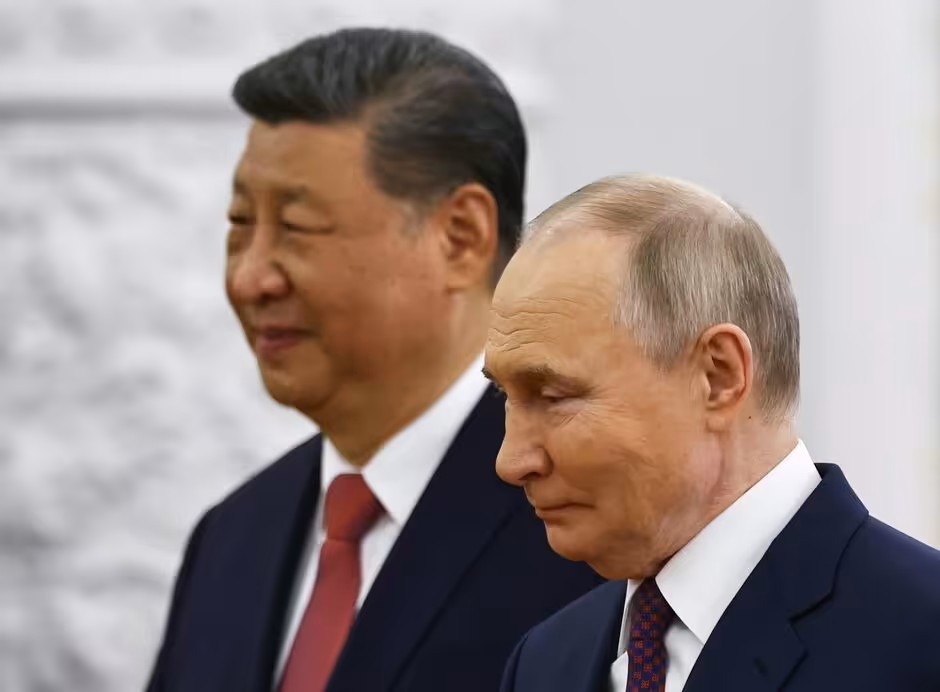








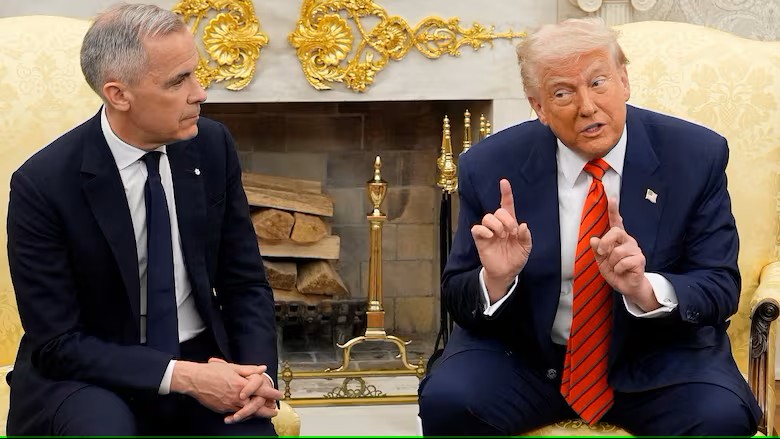
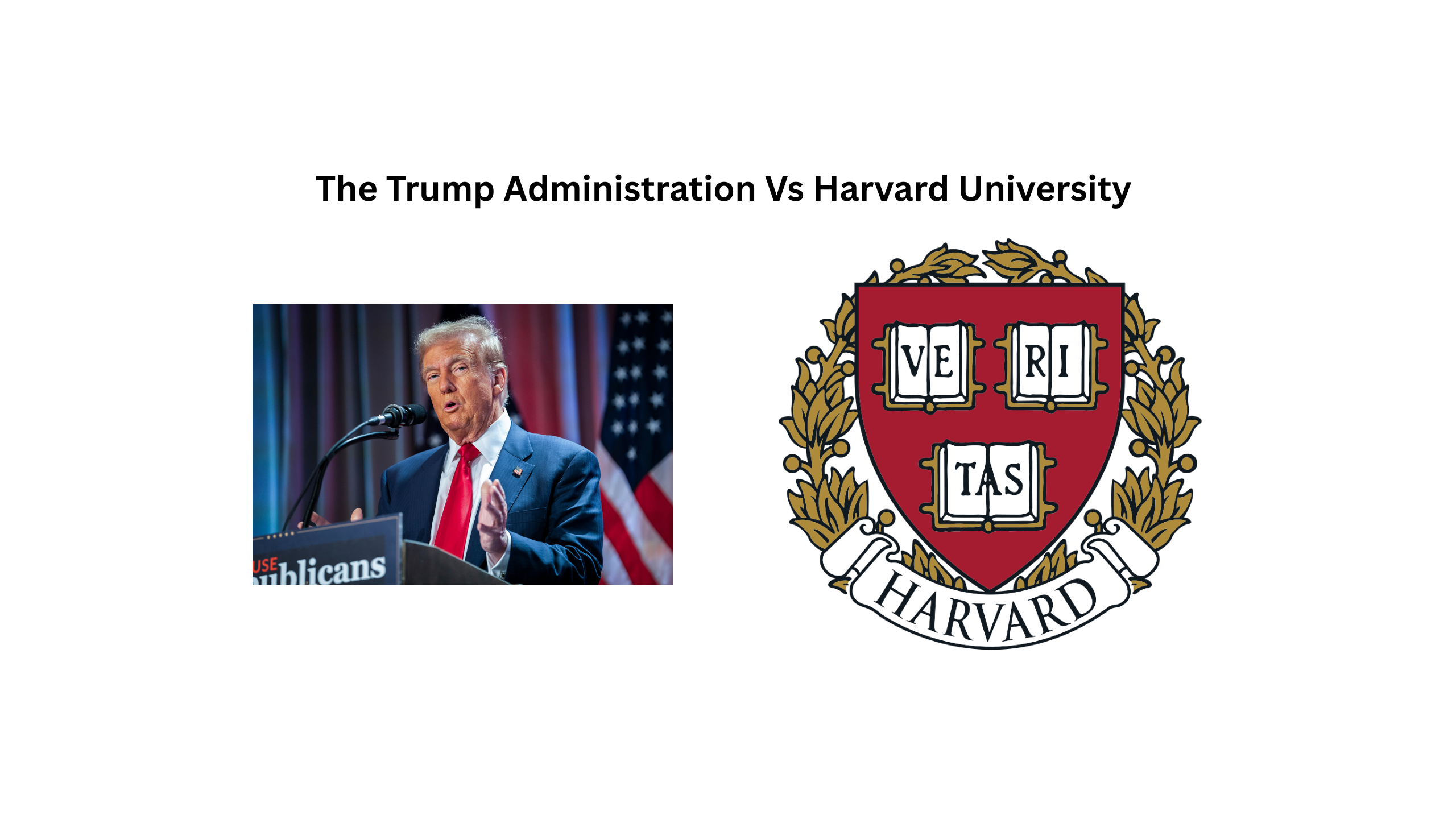




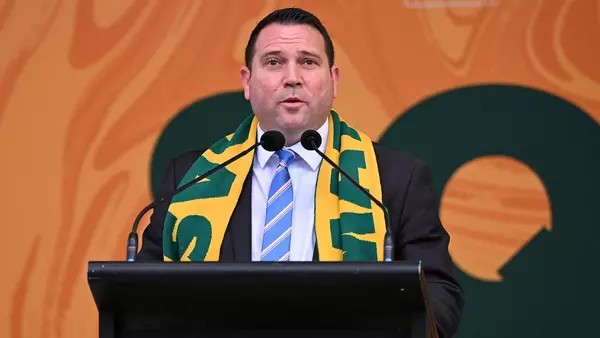



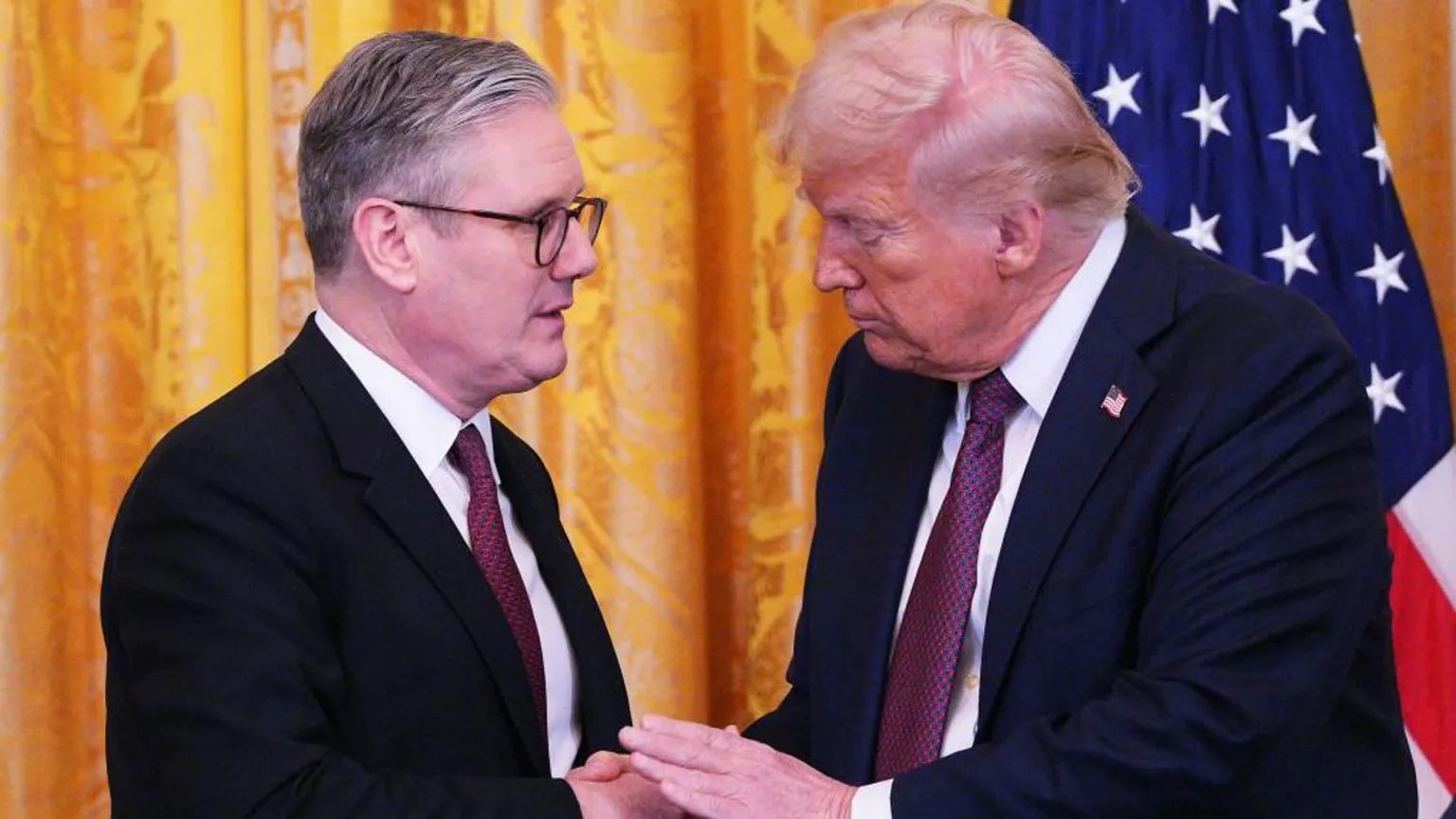

Comments